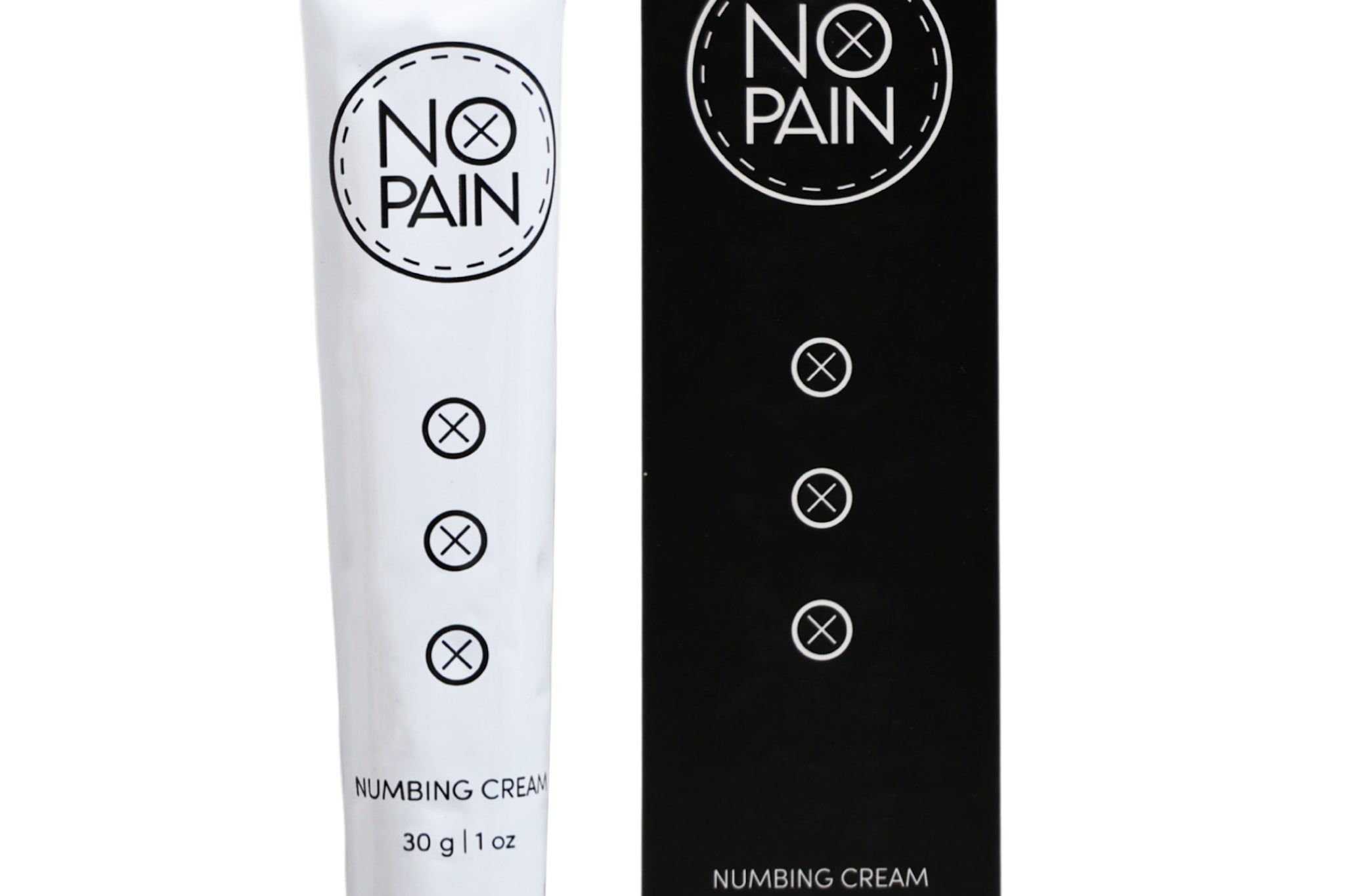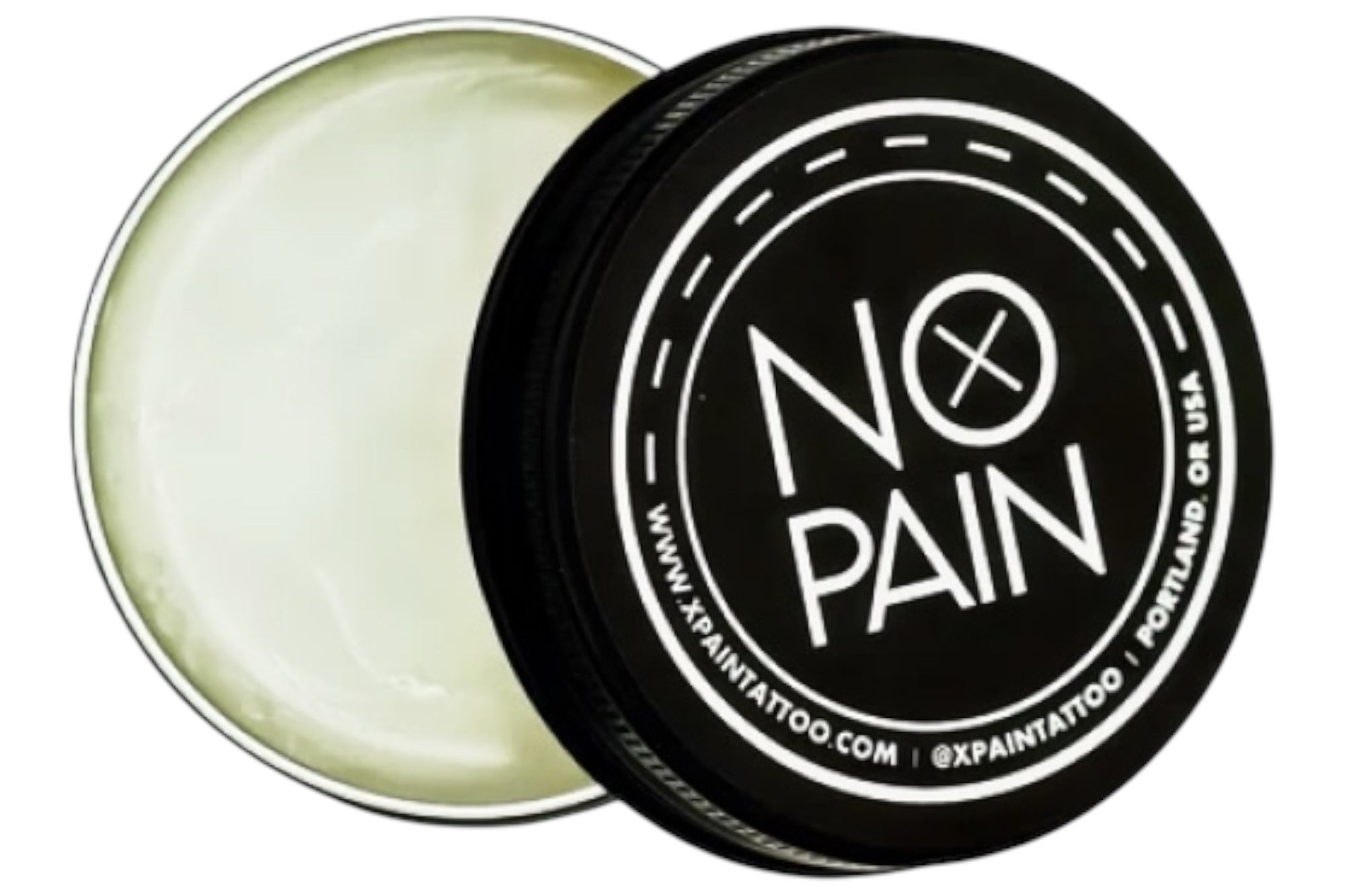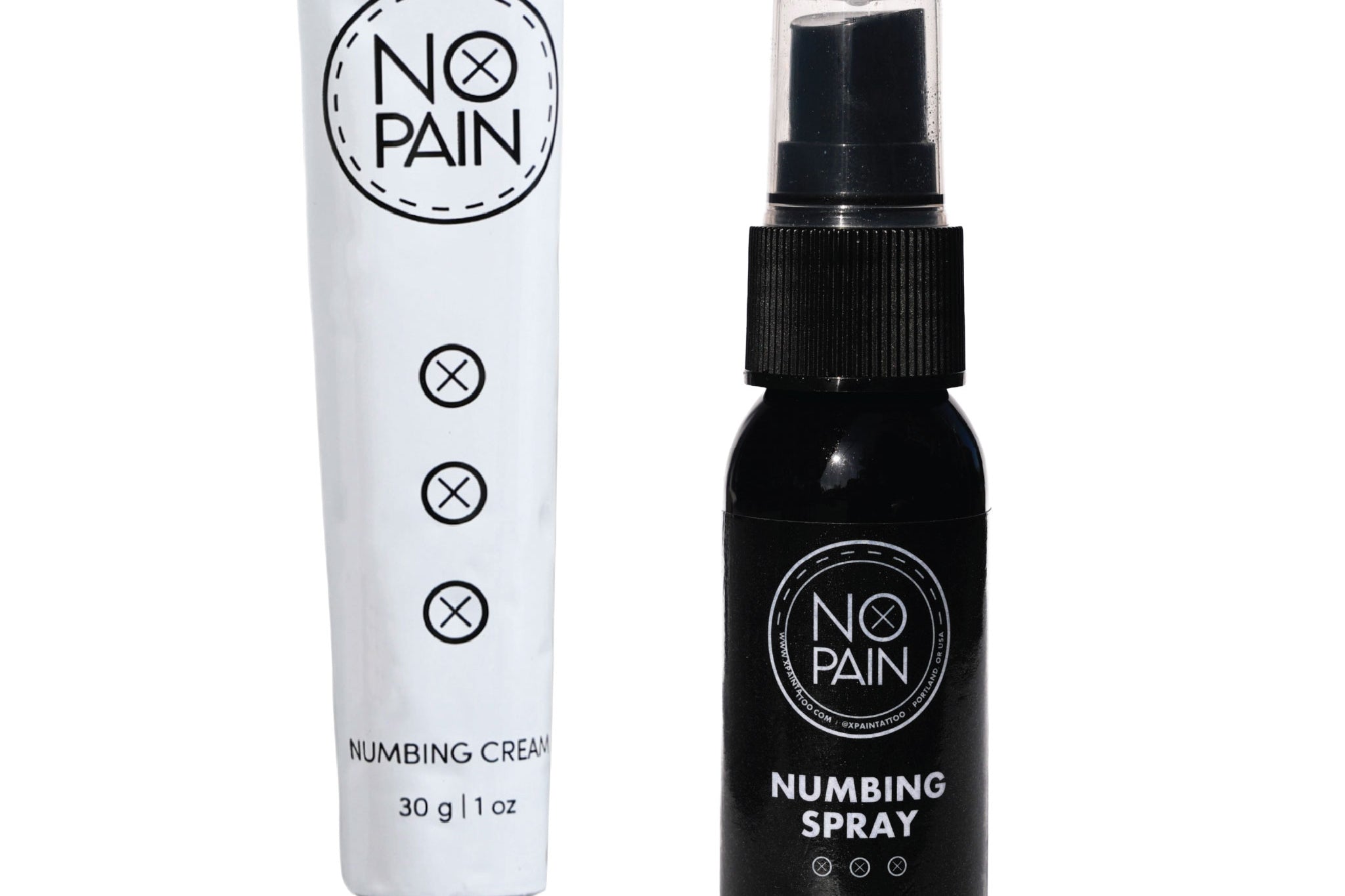Deciding to get a tattoo is a big step. But for the millions of people living with a heart condition, the decision carries an extra layer of weight and a series of critical questions. Is it safe? What are the risks? And who should I talk to before even considering it?
This leads to a crucial question: "Can you get a tattoo if you have a heart condition?"
The answer is that this is a serious medical decision that must be made in consultation with your cardiologist. For some people with stable, well-managed conditions, it may be possible. For others, it is an unacceptable risk.
This is your essential safety guide to the risks involved and the non-negotiable steps you must take before considering a tattoo if you have a heart condition.
Disclaimer: This guide is not a substitute for professional medical advice. You must consult with your doctor or cardiologist before getting a tattoo.
The Serious Risks You Must Understand
1. The #1 Risk: Infection and Endocarditis
This is the most significant and potentially life-threatening risk. A new tattoo is a large open wound. If the tattoo is done with unsterile equipment or the tattoo aftercare is poor, bacteria can enter your bloodstream.
-
The Danger: For a person with certain pre-existing heart conditions (especially issues with heart valves or congenital heart defects), this bacteria can travel to the heart and cause a serious infection of the heart lining or valves called endocarditis. This is a severe medical emergency.
2. The Stress on Your Body
Do tattoos hurt? Yes. The process of getting a tattoo is a significant physical trauma. Your body responds by releasing adrenaline, your heart rate can increase, and it puts your system under a considerable amount of stress. For someone with a stable heart condition, this might be manageable. For someone whose condition is not well-controlled, this stress could be dangerous.
3. Medication Conflicts
Many people with heart conditions are on essential, life-saving medications like blood thinners (anticoagulants). It is extremely dangerous to get a tattoo while on blood thinners, as it can cause excessive bleeding, which is not only a risk to your health but will also ruin the quality of the tattoo.
Your Non-Negotiable Safety Checklist
If you have a heart condition and are considering a tattoo, you must follow these steps. There are no shortcuts.
1. You MUST Get Clearance From Your Cardiologist.
This is the only first step. Your doctor knows your specific condition, your medications, and your overall health. They are the only person who can give you a safe and informed "yes" or "no."
2. Your Condition Must Be Stable and Well-Managed.
You should not get a tattoo if your heart condition is unstable or if you are not in a good state of health.
3. Choose an Impeccably Clean and Professional Studio.
This is not the time for a cheap or amateur tattoo. You must find a tattoo artist who works in a licensed, reputable studio with a flawless record of cleanliness and sterilization to minimize your risk of infection.
4. Be 100% Transparent with Your Artist.
During your tattoo consultation, you must inform the artist about your heart condition and that you have received clearance from your doctor.
Aftercare is Your Best Defense
If you and your doctor decide it is safe to proceed, your tattoo aftercare routine must be perfect. Preventing infection is your top priority.
-
A professional, sterile aftercare system is your best insurance. Our No Pain Tattoo Aftercare Bundle provides the essential tools. The No Pain Tattoo Cleansing Foam is critical for keeping the wound clean, and the No Pain Tattoo Aftercare Balm provides a breathable, protective barrier.
The Verdict: While a tattoo may be possible for some people with a heart condition, it is a decision that must be guided by a medical professional. Your health and safety are infinitely more important than any piece of art. Start the conversation with your doctor to find out if it's a safe choice for you.



